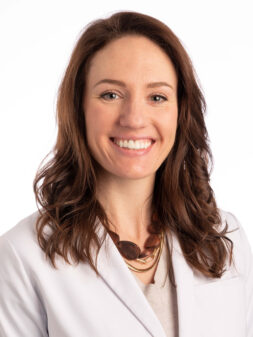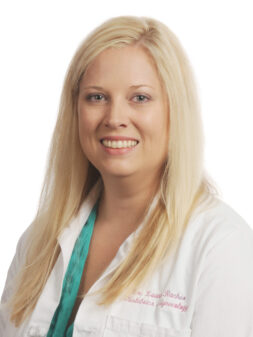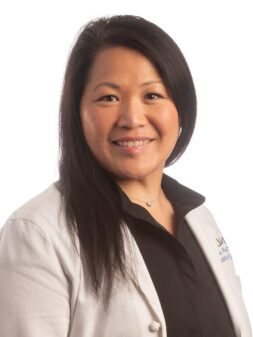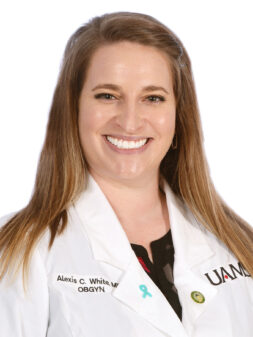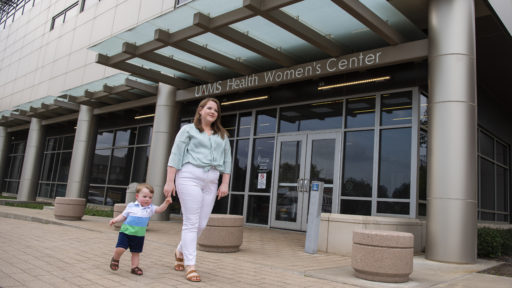Also called: PCOS
Polycystic ovary syndrome (PCOS) is one of the most common female endocrine disorders. The name of the condition is from the appearance of your ovaries in most women with the disorder. They will become enlarged and have many small cysts along their outer edges. It can not only cause problems with your periods, but it can also make it difficult to get pregnant.
Recognizing and Treating PCOS
PCOS produces symptoms in approximately 5 – 10% of women between the ages of 12 and 45. It’s thought to be one of the leading causes of female subfertility and the most common endocrine problem in women of reproductive age.
Symptoms of PCOS can be mild at first. You might have only a few of the symptoms or several. The most frequent symptoms include:
- Weight gain/ trouble losing weight
- Irregular periods
- Fertility problems
- Acne
- Extra hair on the face and body
- Thinning hair on the scalp
- Depression
To diagnose polycystic ovary syndrome, your doctor will consider all your signs and symptoms. No specific test diagnoses the condition. Your doctor will probably do a pelvic examination and ultrasound to see the appearance of your ovaries and the thickness of the lining of your uterus.
Infertility related to PCOS is most often successfully treated with a simple fertility pill or other medications.
Your doctor will most likely prescribe medication as treatment. The medication that your doctor recommends will vary with your circumstances; it could be medication to regulate your menstrual cycle, help you ovulate or reduce excessive hair growth. Infertility related to PCOS is most often successfully treated with a simple fertility pill or other medications. Surgery may be an option in some cases if you are still having difficulty becoming pregnant.
Lifestyle changes can also help with the symptoms of PCOS. You may consider making efforts to lose weight, eat a healthier diet and get more physical activity.



